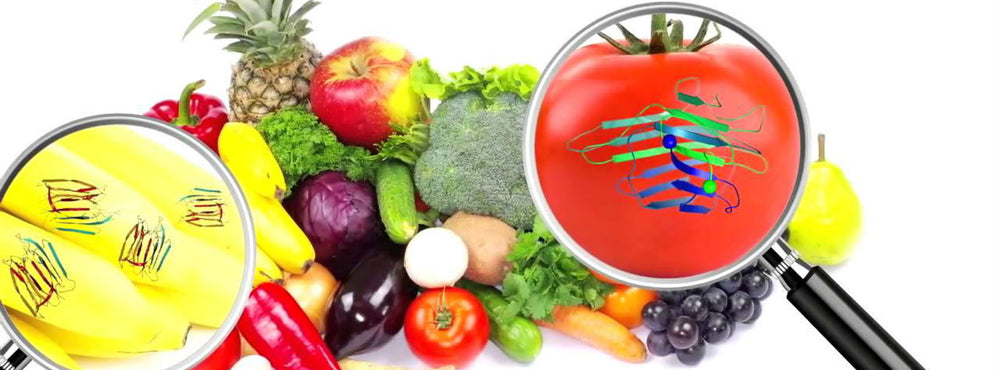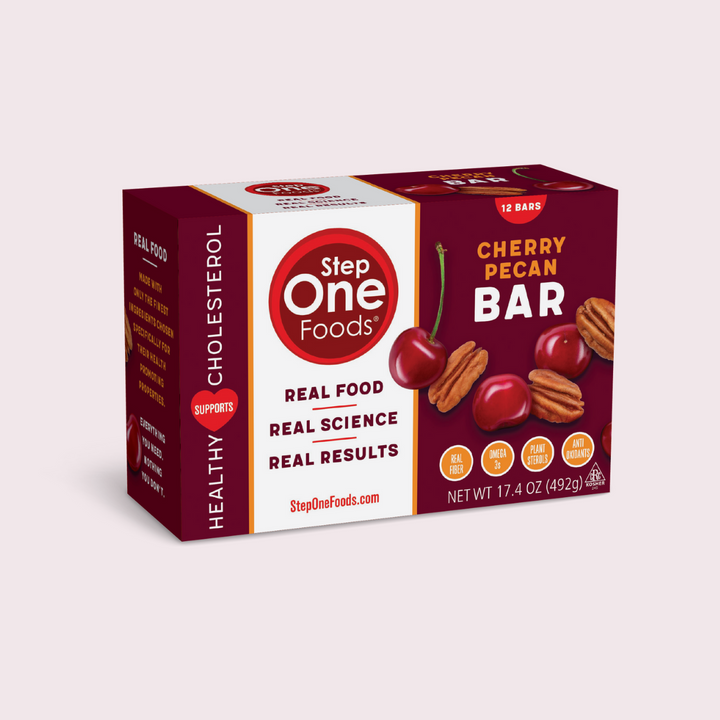37 thousand billion billion reactions and why it matters

Did you know that EVERY SECOND, 37 thousand billion billion (that’s 37 with 21 zeros after it) chemical reactions take place inside your body?
This level of complexity is virtually impossible to unravel. Which is why focusing on one macronutrient (like protein, carbs or fat) or micronutrient (like lectin) as the determinant of health is completely flawed. How can ANYONE figure out what effect any one nutrient (macro or micro) - presented in infinite combinations with other nutrients as part of a meal – might have on 37 billion billion chemical reactions occurring every second in a genetically unique organism?
They can’t.
Moral of the story? When it comes to nutrition, beware of simplistic advice.
Which brings me to a video I watched the other day.
A friend sent me a link to it and asked what I thought about the content. He was considering following the dietary principles presented and wanted my input before going all in.
It pains me to say that I was distraught by what I saw. Distraught because the information presented runs afoul of the truth – and because the peddler of the information is a physician involved in the care of patients with cardiovascular disease.
First the information. The premise of the diet is that lectins are bad. Lectins are proteins found in plants and animals and have a wide variety of functions – including roles in immunity, hormone modulation, and gut health. Because, in isolation, some of these effects can be detrimental to health and could encourage weight gain, the video espouses a diet low in lectin content as the answer to all our ills - and the magic bullet for achieving weight loss. As incontrovertible proof, the doctor puts himself forward as the personal success story behind the approach.
The problem? The theory makes no sense.
For example, beans are a rich source of lectins. And, predictably, the video encourages people to stop eating them. But nearly all human communities that experience exceptional healthy longevity rely on beans as the cornerstone of their diets. And most people in those communities are not overweight.
So what’s the real truth?
Are lectins actually good for us? Or is there something else in beans that neutralizes lectins? Or does the overall composition of a bean lead to a complex interaction with 37 thousand billion billion chemical processes that makes teasing out the effect of lectin content not only impossible but actually irrelevant?
As a scientist, I know one thing – and that is that I know very little. I mostly remain in awe of the miracle of nature that our bodies represent. That’s why, instead of focusing on this nutrient or that nutrient, I remain focused on the effects of the totality of nutrition. Because when you look at the forest, you’re unlikely to get lost in the leaves.
And that’s why I’m so distraught that the lectin theory is being pushed by a colleague in my medical field. A scientist should know better. And he should never ignore mountains of data that contradict his theory.
At Step One Foods, we may highlight the fiber, omega 3, antioxidant and plant sterol content of our foods, but we view those as the means to the end, not the end in-and-of itself. The data is vast and consistent that a WHOLE FOOD (ie. complex, multi-nutrient), plant-based diet that intrinsically supplies high levels of these 4 nutrients leads to better outcomes – from lower rates of heart attack and stroke – to lower cholesterol levels. Which is why we provide high levels of these nutrients in our foods – but only as a natural part of a WHOLE FOOD (ie. complex, multi-nutrient) delivery system.
At Step One, we approach 37 thousand billion billion chemical reactions with reverence. Because that’s what true science requires.

Try our Newest Bar!
Cherry Pecan Bar
Discover the perfect harmony of cherries and pecans in our Cherry Pecan Bar. Montmorency cherries, renowned for their antioxidant and anti-inflammatory properties, are combined with premium pecans to create a delicious blend of sweet, tart, and nutty flavors. Packed with white chia seeds, flax, and walnuts, this bar offers more than just taste—it's a superfood-filled snacking option. Our Cherry Pecan Bar is the perfect choice, whether you're on the go or seeking a nourishing treat.
Get heart health tips and articles like this, delivered right to your email.
New articles every week.
You may also like...

How bad is heart disease in your state? And what can you do about it?

You don’t need to avoid foods with cholesterol…except for these



